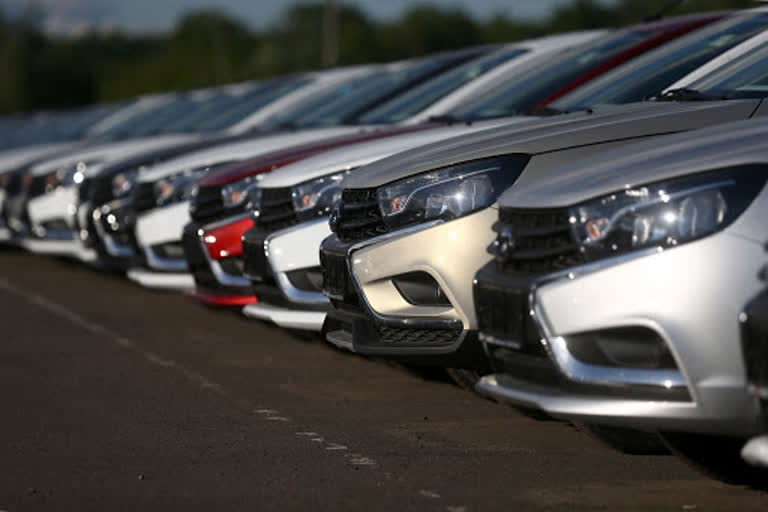Business Desk, ETV Bharat:The auto sector, which was seen as one of the success stories of Indian manufacturing during the last decade, had started the year 2020 on a challenging note. The industry had grappled with consistent decline in sales growth in 2019 due to lack of consumer demand and decline in infrastructure-related work.
The industry was expecting a revival in the new year, but the coronavirus pandemic dashed all hopes. What ensued was a never-seen-before chaos that threw all expectations, outlook and plans of the auto makers outside the window and made them readjust to the new reality.
Some lost and some won. Let’s take a look back at how the year 2020 fared for auto companies operating in India.
Lockdown impact on sales
Before Covid, the auto sector was majorly struggling to adjust to the new regulations of Bharat Stage (BS) VI regulations that were to come into effective from 1 April 2020.
The industry was reeling to liquidate BS-IV stocks, which was impacting the sales negatively. But then the lockdown was announced, which brought the sector to a standstill.
The initial weeks of lockdown saw auto manufacturing coming to a sudden halt and dealer showrooms being shut.
There were disruptions to the whole chain of production network due to shutdown of domestic and international supplier operations, logistics logjam, insufficient workforce due to delay in return of migrant labour and liquidity issues caused by lack of sales.
According to a recent parliamentary panel report submitted to Rajya Sabha, the automotive sector suffered loss of Rs 2,300 crore per day during the lockdown, with an estimated job loss of about 3.5 lakh.
However, from September, as the country went into the Unlock mode and started preparing for the festive and wedding season, the trends in production, domestic sales and exports began showing signs of improving.
Out of all the segments, tractors, passenger vehicles and two-wheelers have outperformed this year. However, demand for commercial vehicles is yet to gain pace due to slow economic growth, with three-wheelers being the biggest laggard.
Electric vehicle push
The electric vehicle (EV) space, which was thriving in 2019 with announcement of new product launches by different car makers and new government policies, took a slight breather this year as capital-intensive plans were put on a back burner.
But the government continued to focus on developing infrastructure to promote EV industry in India. Union Minister of Road Transport and Highways Nitin Gadkari recently announced that around 69,000 petrol pumps across the country will get at least one charging kiosk installed.
Before that, a number of decisions had already been taken to boost the industry like reduction in GST on EVs to 5%, allowing delinking of battery cost of 2-wheelers and 3-wheelers from vehicle cost, etc.
Some states like Delhi and Telangana also announced incentives like 100% exemption from road tax and registration fee on purchase of electric vehicles.
